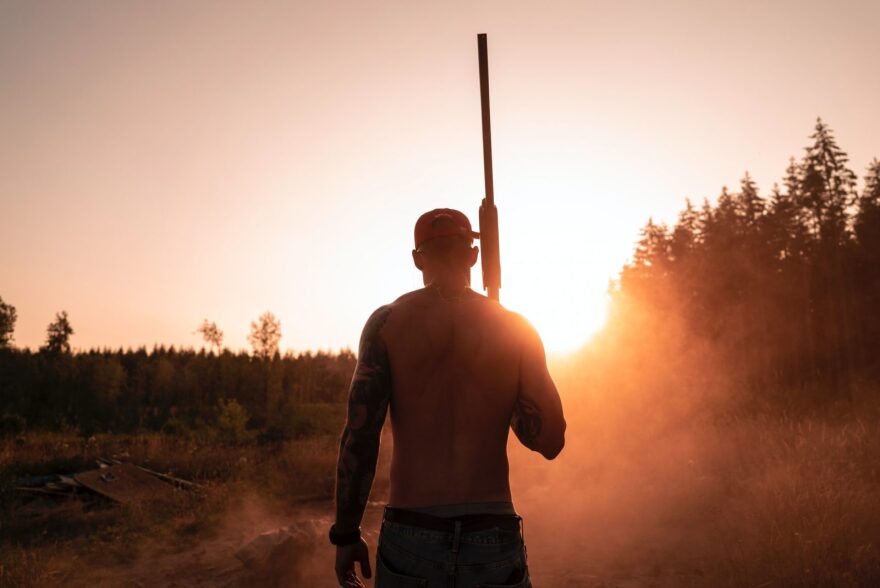More groups of people in the U.S. are at risk for gun suicide, according to new research from Columbia University Medical Center. These include people with lower incomes, those living with disabilities, and people who are socially isolated.
Risk For Gun Suicide Extends Beyond ‘Gun Culture’
The Columbia study found that per capita gun suicide rates were highest among men (14 per 100,000), people with military service (21 per 100,000) and disabled individuals (14 per 100,000). But researchers found that other groups were also at risk, including people who were unemployed, separated or divorced — and experiencing social isolation.
Dr. Mark Olfson, professor of psychiatry and epidemiology at Columbia University Medical Center, and lead author of the new study, says we already knew from previous research that certain groups were at higher risk for gun suicide: older, white men, people living in rural areas, service members. But Olfson says the study highlights other groups of high-risk people who may not have been traditionally recognized
“Some of these findings sort of connect with what we know about the membership of what might be loosely called ‘gun culture’ — groups that have high rates of gun ownership,” said Olfson. “And therefore it isn’t entirely surprising they are at increased risk for firearm suicide. But there are also some risk factors in here that aren’t [gun culture-related] and that are just more general risk factors for suicide and [we found] those people as well are at increased risk.”
Olfson says these are people who may be experiencing social isolation, recently widowed, unemployed, or with lower income levels (especially those making under $40,000).
No Evidence Of ‘Means Substitution’
The Columbia study also reinforces what previous research has already shown: People living in states with higher rates of gun ownership (which the study defines as more than 50% of residents owning a gun) are at higher risk for gun suicide. And Dr. Olfson says the new data also reinforces that those at risk are unlikely to substitute different methods if guns aren’t available.
“The study findings in a sense make an argument against this idea of means substitution, that is if you prevent people from owning firearms who are suicidal, they’ll find another means of ending their lives. In fact, we don’t see support for that hypothesis or that argument in these data.”
Since previous suicide research has shown that suicidal decision-making is often short in duration and even fleeting, and the lethality of firearms is higher than any other method, this conclusion could change the conversation.
What Can Be Done?
Suicide rates have been rising over the past two decades, increasing by nearly 30% in some states. And gun suicides continue to account for more than 60% of all gun deaths annually in the U.S., according to the Centers for Disease Control and Prevention.
Olfson says that traditional legislative approaches may not be ideal in the face of such grim statistics, which may grow worse during the current pandemic. Instead, Olfson argues for a focus on health care providers, who often encounter at-risk individuals that may have access to guns: “Hopefully this study will broaden the perspective of health care professionals who are treating distressed people and have them thinking about different ways of talking about firearm safety to them, and broadening their thinking a bit about who’s at risk.”
Resources if you or someone you know is considering suicide:
National Suicide Prevention Lifeline: 1-800-273-8255 or
Options For Deaf + Hard of Hearing: 1-800-799-4889
en español: 1-888-628-9454
Veterans Crisis Line & Military Crisis Line: 1-800-273-8255, Press 1
Crisis Text Line: 741-741
In emergency situations, call 911
is a public media reporting project on the role of guns in American life.
Copyright 2020 Guns and America. To see more, visit . 9(MDAxNDQ2NDAxMDEyNzU2NzM2ODA3ZGI1ZA001))




